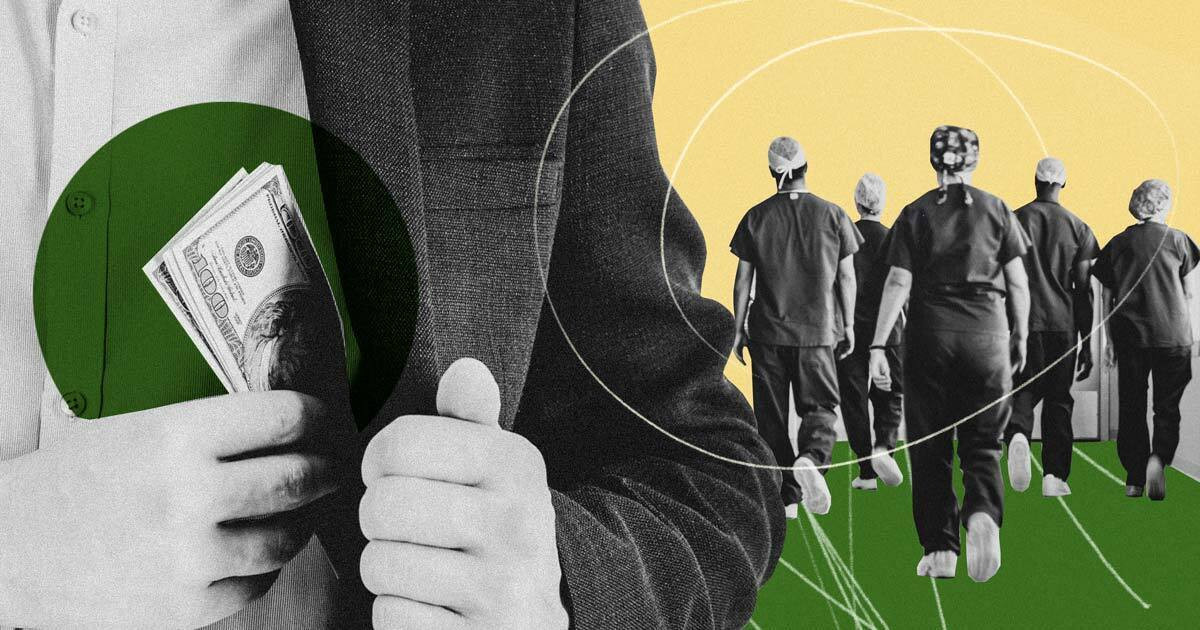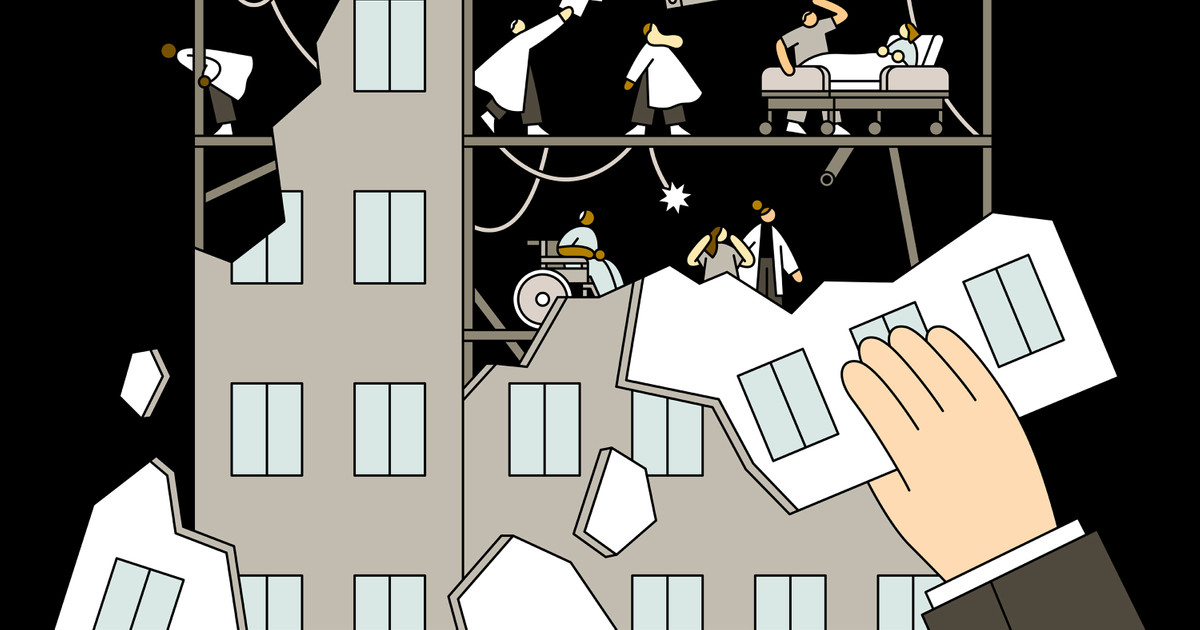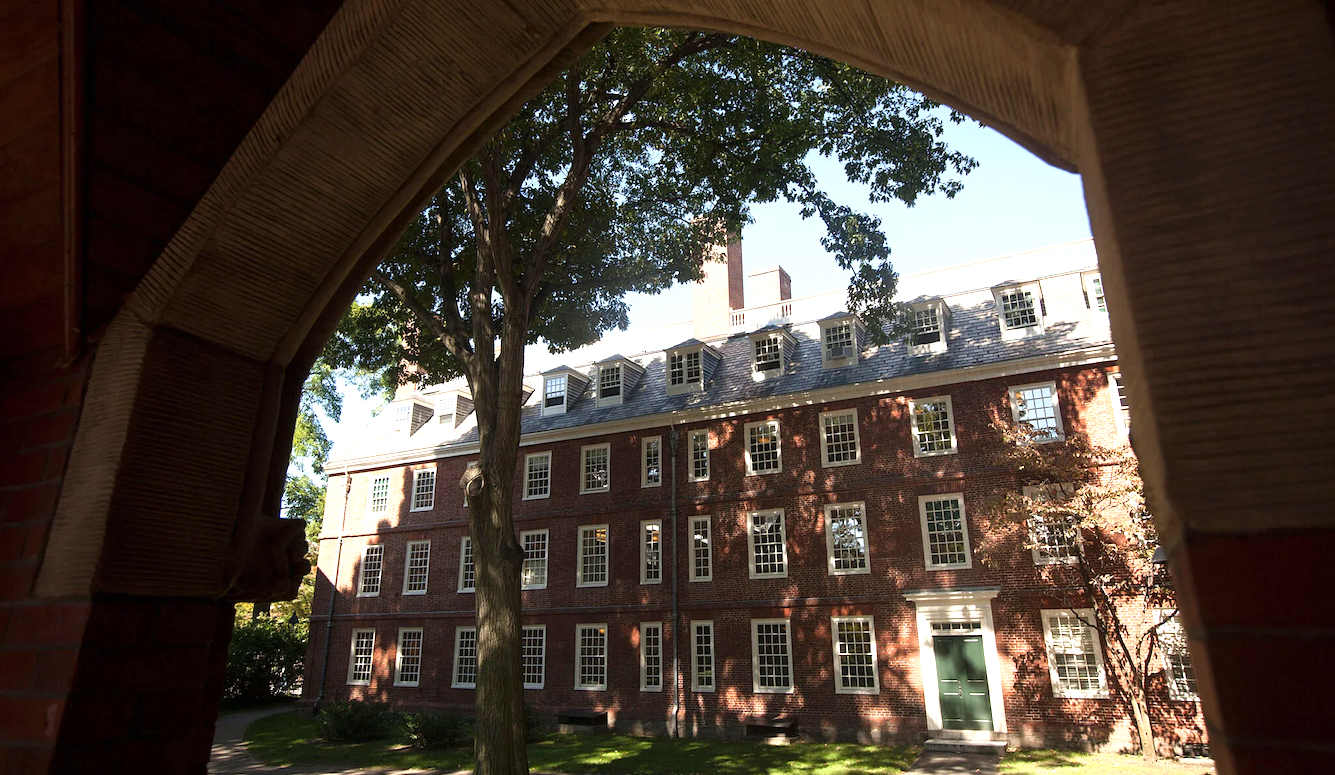That’s the spin from the contras but I got curious why this is such a thing still for the progressives and Biden hasn’t retreated in the face of the larger than typical media uproar paid for by the banking lobby (yes you are being manipulated, even if you agree with what you are being told to be outraged about).It’s not a coincidence this was done 2 months before the election. “Free” stuff usually equates to votes.
The story I got from the folks I used to work with who are still working this issue say it has nothing to do with the actual issue. There’s the typical resistance to big government Dems setting up programs to enrich their friends, sure, but it’s deeper than that.
If Biden can’t get stuff done, the margin of victory is going to be people who are pissed off about that. So he needs hides on the wall. This is one of them.
Apparently amongst independents in swing states, the reliable focus group data (not BS online polls or trolling grandma with robocalls) but where they give everyone an iPad or whatever for an afternoon of answering questions they have no idea are related in a strictly controlled environment to avoid spill over or bias, those independents, true free lances and not partisans who are just registered NPA, the data shows in 2024 that Biden won’t be judged on his age, he will be judged by whether he can get things done at his age, particularly by older more likely to vote independents in swing states. IOW, they aren’t buying votes. People are mostly going to do what they want regardless if they get free money. They are throwing money at whatever to create the appearance they got something done. Which a cynic will tell you that’s how the student loan crisis got started in the first place. Throw money to look like you’ve solved a problem and enrich your friends doing it. It also explains the half measure that doesn’t really make any one happy or prevent the problem from getting worse later.
The second thing they told me, which surprised me, is that the focus data shows most of the people with this issue high on their list are mostly already heavy dem and have loans. There’s lots of Republicans with student loans who won’t vote for their own relief, Marco Rubio being a good example. People have made up their minds on their personal situation. They have loans and they want it, they had loans paid them and don’t want it, never had loans and don’t care, and the nobody should get anything free crowd.
But apparently there’s a significant number of independents who consistently vote in swing states, folks over 60 who always go to the polls, who had their kids at 20, were empty nest in a paid off house at 40, and they’ve retired in the last few years on that equity. Their kids are 40, still have loans, no kid and no house. They are scared to death for their kids and want a solution to make it better for them. Those people see the system as broken because at least in their eyes the university system was under funded and the kids borrowed to make up the gap because politicians were too gutless to raise taxes to pay for it. In their eyes, government created the problem and government should solve. These people of course neglect to recognize that twenty years ago it is them that demanded students pay more than their fair share rather than taxes being raised to alleviate the tuition burden.
So if votes are being bought here, it’s not the idiot dance major working at Starbucks and trying to live in Manhattan next to stock brokers twice her age. It’s her grandma on Long Island and back in PA. And if so, if that’s really the data, the Republicans need to course correct on this issue quickly after the midterms. You stay on the rage through the midterms to get blue collar turn out but after that you’d better have solutions cause grandma is gonna make Uncle Sam pay for her vote. Or the Republicans pay in 2024 for arguing we should do nothing for what grandmas see as an obvious problem that is only going to get worse.
Last edited:





